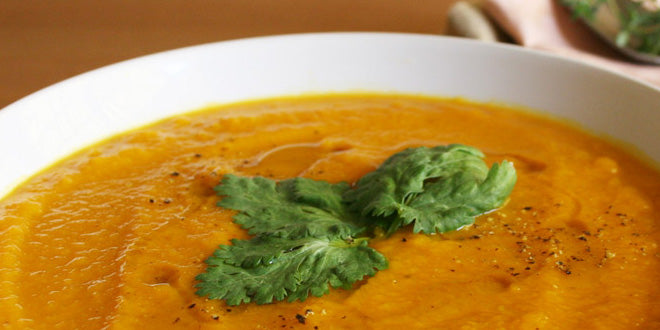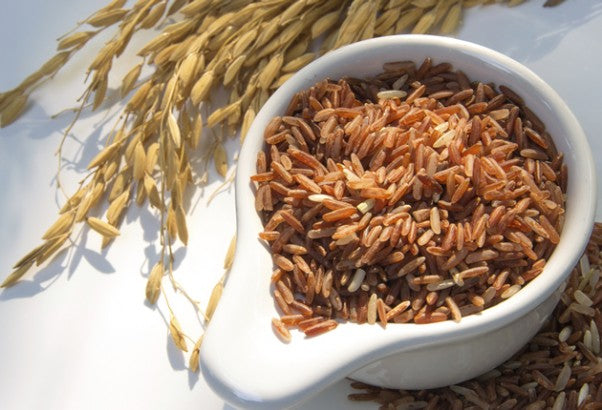A few years ago I received a letter from Walter, who lives in Toronto, Canada, reporting a problem staying warm in the winter on a vegan diet. His letter follows...
“Rev. Malkmus, Thank you for the wonderful work you are doing . . . However, I have one complaint in that I am living in a northern climate, namely Toronto, Canada, where you spoke a few years ago, and I met and talked with you. My problem is that I can follow the Hallelujah Diet in the summer, but as soon as autumn rolls around and the weather gets chilly, no matter how high I crank up the temperature in the house, I feel cold inside my body. . . My question to you is, whether you have a diet for people in the north? I am a raw fooder!”When I adopted a raw food diet in January of 1976, I was living in upstate New York, where it was not unusual for temperatures to drop to as low as 40 degrees below zero in winter, and stay below zero for a week at a time. I went all-raw my first year on the diet, froze to death that first winter, and even during the rest of the year, was uncomfortable whenever the temperature became a little cool. I can certainly relate to Walter’s experience as a “raw fooder” living in the cold country. In January 1977, when I added some cooked food back into my diet, I almost immediately noticed an increase in body temperature, and over the years, through personal experience and research, I have learned some tips for maintaining body warmth, even while living in a northern climate in the winter:
- Raw Food – It is very difficult to obtain enough calories on an all-raw plant based diet, without consuming lots of high fat and high calorie foods, such as avocados, seeds, and nuts, and excess fruits. Very few people consume large amounts of these types of food, and even if they did, the high amounts of fat, protein, and sugars contained in these foods when eaten in large amounts are not healthy. I have long maintained that an all raw diet, though all raw appears to have been the ideal at one time, has a number of negatives.
- Calories – If a person is not consuming enough calories, then there is the concern of not obtaining enough protein, and as I said above, it is often difficult to obtain enough calories on an all-raw plant sourced diet. Also, if a person is not receiving enough calories, they do not have the fuel available to produce the heat the body needs to stay warm. Lack of calories also can produce too much thinness in a person, which also contributes to a lack of body warmth.
- Cooked Food – The Hallelujah Diet recommends an 85/15% ratio of raw to cooked food. That cooked portion is extremely important! Eating cooked food is much easier way to ensure sufficient calories, which guarantees sufficient protein, and should provide sufficient calories for improved body warmth.
- Carbs – The Hallelujah Diet, especially in the cooked food portion, provides the body with fairly quick burning fuel for energy and warmth. The cooked food portion of the Hallelujah Diet includes high carb foods such as baked white and sweet potatoes, whole grains, whole grain pastas, steamed vegetables, legumes, and beans. The legumes and beans, in addition to being an excellent source of carbs, are also an excellent source of protein. Sugar and refined carbs, on the other hand, burn and produce heat so quickly, one may be sweating one minute and freezing the next. Sugar and refined carbs have many negative effects upon the body.
- Protein – Protein produces twice the body heat of carbs or even fat. Protein is found in all raw fruits and vegetables, while whole grains, legumes, and beans, along with avocados, seeds and nuts are high sources of protein.
- Fat – Did you ever notice that a heavy person will often feel hot in the winter time, while the thin person next to them is freezing to death? Fat provides the body with insulation, thus helping to keep the body warm. Though heavy people have too much fat, a certain amount of good fat is necessary for a person to be healthy and experience sufficient body warmth. When consuming a large raw salad, it is important to insure we have some fat in the salad. This can come from flax seed oil, Udo’s oil, nuts, seeds, or avocados. Without some fat with the salad, the fat-soluble nutrients may not be properly assimilated.
- Thyroid – Most people today, because of a lack of iodine in their diet, have slow thyroid activity. A low or slow thyroid, contributes to a low body temperature, as well as a slow metabolism, and thus it contributes to lack of body warmth. Hallelujah Acres encourages everyone to consider the importance of adequate iodine in the diet, and that they consider using an iodine supplement to insure proper thyroid activity. This also helps maintain body warmth.
- Exercise – The need for the body to receive daily and vigorous exercise cannot be overemphasized. Aerobic and resistance exercises contribute to a strong heart, good muscle tone, excellent oxygen intake, increased metabolism, as well as body warmth. Sometimes in the evening, when I have been sitting for a time and start to feel a little chilled, I will jump on our mini trampoline and do some jumping or slow jogging. When I do that, I quickly start to feel warm, and that warmth lasts long after I leave the trampoline, and sit back down.







